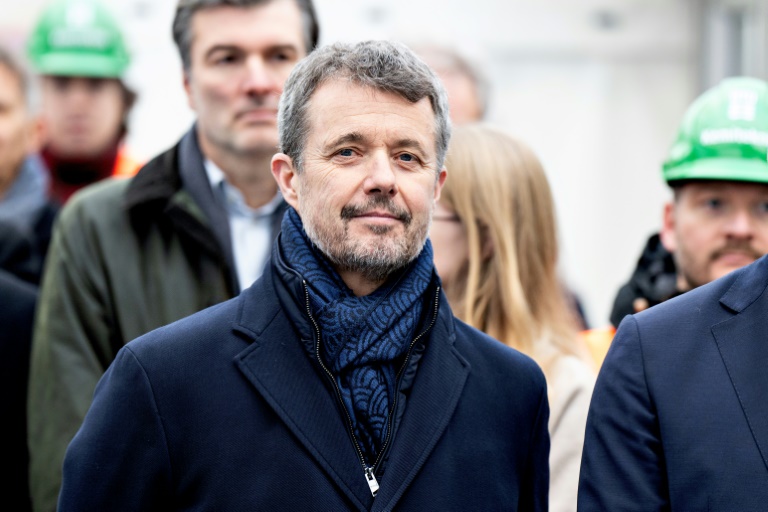Denmark’s popular Queen Margrethe II, Europe’s longest-serving monarch and last reigning queen after the death of Britain’s Elizabeth II, is hailed for modernising Danish royalty in her half-century on the throne.
The chain-smoking 83-year-old — an accomplished artist in her own right — acceded to the throne at the age of 31 in January 1972, on the death of her father, Frederik IX.
She announced on Sunday that she would abdicate on January 14 and pass the baton to her son Crown Prince Frederik, citing her age and health issues.
She underwent major back surgery in February 2023.
She took the name Margrethe II in recognition of Margrethe I, who ruled Denmark from 1375 to 1412 but never formally held the title of queen.
When she was crowned almost 52 years ago, only 45 percent of Danes were in favour of the monarchy, most believing it had no place in a modern democracy.
But the cultured Margrethe has managed to stay away from scandal and modernise the institution — allowing her two sons to marry commoners.
The Danish monarchy is now one of the most popular in the world, enjoying the support of more than 80 percent of Danes.
Margrethe is also Europe’s only reigning queen, although four countries — Belgium, the Netherlands, Spain and Sweden — have crown princesses.
Nicknamed “Daisy” by her family and subjects, she repeatedly insisted that she would never step down from her duties.
“I will stay on the throne until I drop,” she often said.
Aged 82, she rode a rollercoaster at Copenhagen’s famed Tivoli amusement park, her hat fastened securely on her head.
But it has not always been plain sailing for Margrethe.
Her French-born husband, Prince Consort Henrik, was known for his flamboyant style and frequent outbursts of anger. He repeatedly expressed disappointment that his title was never changed to king when his wife became queen in 1972.
In 2002, he made headlines when he fled to his chateau in southern France, complaining he didn’t receive enough respect in Denmark. He later said he did not want to be buried next to his wife because he was never made her equal in life.
Henrik died in February 2018, five months after being diagnosed with dementia.
Margrethe displayed the same steeliness in her recent very public quarrel with her youngest son, Prince Joachim, after she stripped his four children of their princely titles in 2022 to slim down the monarchy.
The queen was born in Copenhagen on April 16, 1940, just one week after Nazi Germany invaded her homeland.
The eldest of three sisters, Denmark’s law of succession then barred women from inheriting the throne.
It was changed in 1953 following a referendum, under pressure from successive Danish governments mindful of a need to modernise society.
“She has managed to be a queen who has united the Danish nation in a time of large changes: globalisation, the appearance of the multicultural state, economic crises in the 1970s, 1980s and again in 2008 to 2015, and the pandemic,” historian Lars Hovebakke Sorensen told AFP.
“The basis of her popularity is that the queen is absolutely non-political,” he said.
Margrethe marked the 50th anniversary of her accession in January 2022 with a scaled-down celebration due to Covid.
The full festivities were postponed until September 2022, but had to again be downsized considerably after the death of her third cousin Queen Elizabeth.
Margrethe’s eldest son, 55-year-old Crown Prince Frederik, is due to succeed his mother.
With sparkling blue eyes and a broad smile, Margrethe is known for her relaxed and playful side, as well as for her involvement in Denmark’s cultural scene.
A painter as well as a costume and set designer, she has worked with the Royal Danish Ballet and Royal Danish Theatre on numerous occasions.
She studied at Cambridge and the Sorbonne in Paris, and is fluent in English, French, German and Swedish.
She has also translated plays, including Simone de Beauvoir’s “All Men Are Mortal” with her French-born husband under a pseudonym.
But it is primarily her paintings and drawings that have caught the public’s eye.
She has illustrated several books, including a Danish 2002 edition of J.R.R. Tolkien’s “The Lord of the Rings”, and her paintings have been exhibited in museums and galleries in Denmark and abroad.






